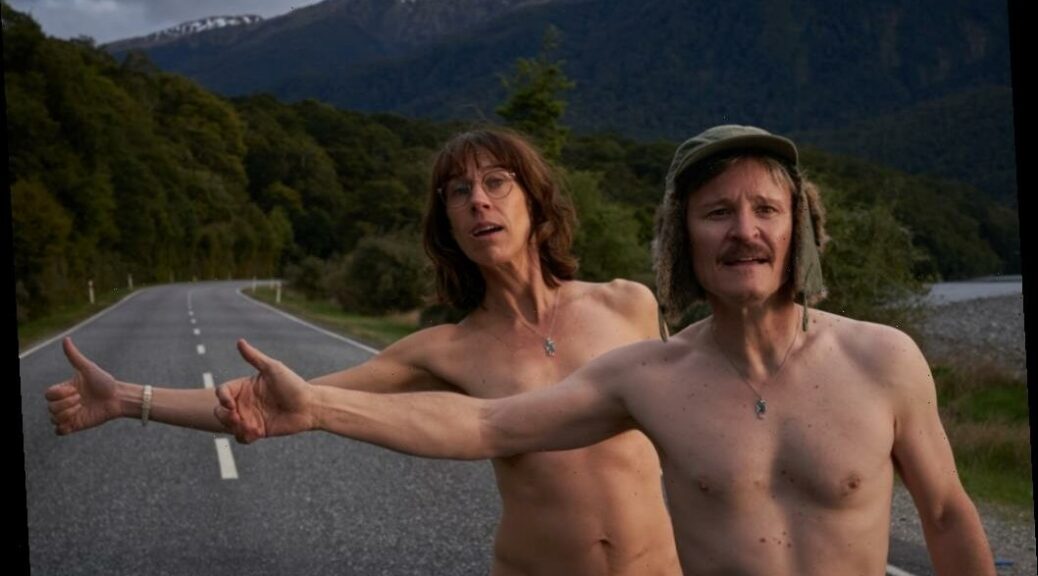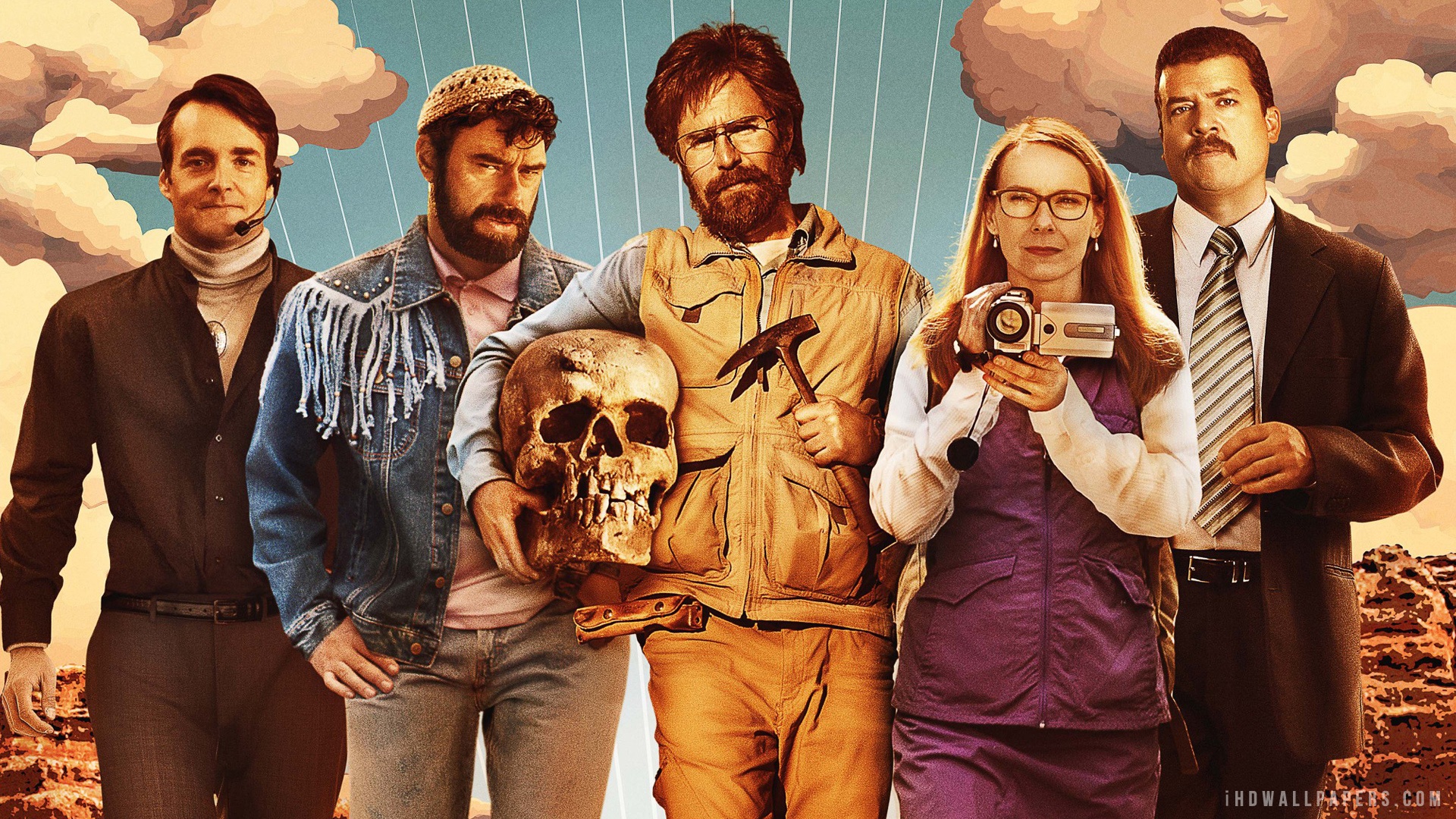DC League of Super-Pets
by Hope Madden
Y’all should have a pet. That’s the message of the feel-good, sometimes surprisingly dark, wildly well-cast animated feature DC League of Super-Pets.
It’s not a tough lesson, really. That’s why one pet has to learn something different. Krypto (Dwayne Johnson), Superman’s dog, doesn’t really know how to be a dog. He figures out something about pack animalhood when he’s robbed of his superpowers, Superman goes missing, and the shelter animals up the road develop their own special skills.
Who’s to blame? Is it evil Lex Luthor (Marc Maron)?
Oh, no. No, this villain is a far, far more dangerous creature. Look out for Lulu (Kate McKinnon), a hairless Guinea pig once saved from experimentation in Luthor’s lab!
Guinea pigs have not done this much animated damage since that South Park episode.
There are lessons aplenty in this film, but just one I want Hollywood to take away from it: McKinnon should voice all animated bad guys forevermore. She couldn’t be more perfect, couldn’t be more fun.
She’s not alone. The supporting voicework in this film delights. Other scene stealers include Keanu Reeves as a brooding (what else?) Batman and Natasha Lyonne as a cantankerous yet horny turtle.
Sure, the actual stars are Johnson and Kevin Hart, and they’re about as fun an odd couple when they’re cartoon dogs as they are when they’re CIA agents or board game buddies. But the real story here is the supporting cast, which also includes John Krasinski, Diego Luna, Jemaine Clement, Daveed Diggs, Vanessa Bayer, Dascha Polanco, Jameela Jamil and Olivia Wilde.
Wow, that’s a lot of people, which indicates that DC League of Super-Pets suffers from the same bloat as almost all DC films. There are too many characters, too many tidy endings, too little for everyone to do.
Co-directors Jared Stern and Sam Levine, along with co-writer John Whittington (writing with Stern) have collectively created a solidly unremarkable set of animated films and episodes. This is no different.
There’s a lot going on with not much really happening. It looks good, not exceptional. It’s fun and almost immediately forgettable. It does expose the diabolical side of the Guinea pig, though. Fear them!








